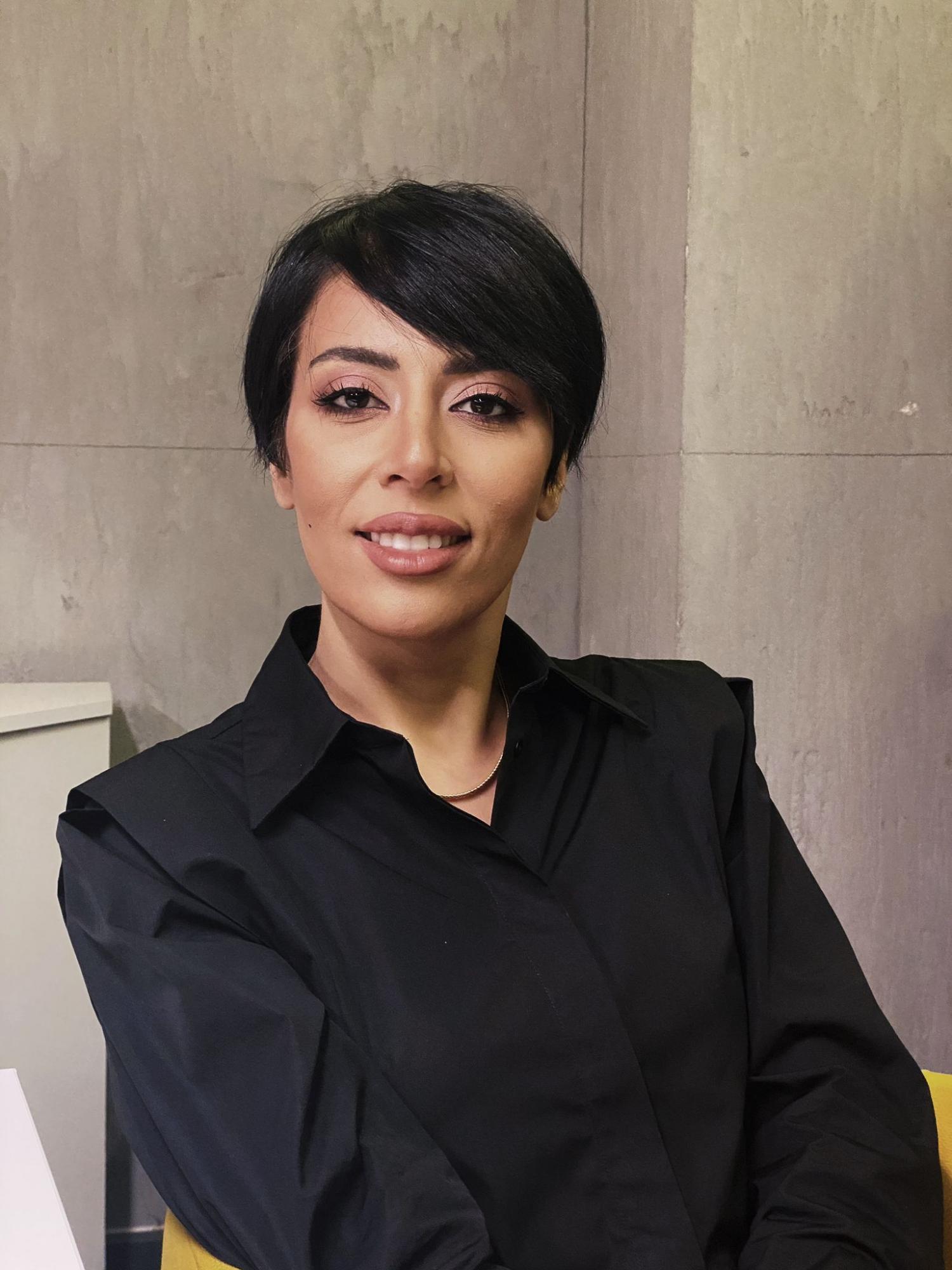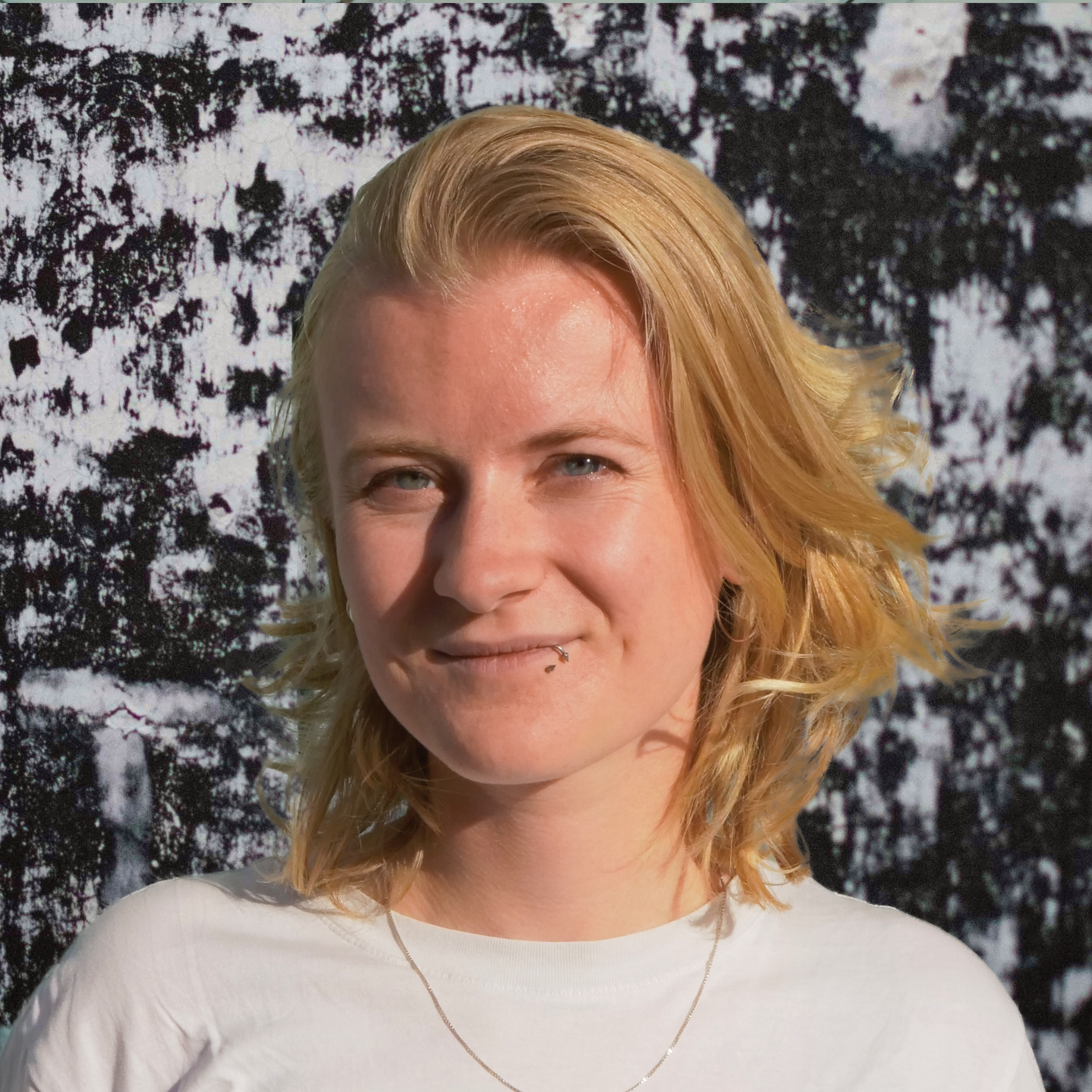Thousands died as a result of the storm in North-Eastern Libya. Noura Eljerbi is a journalist and political activist whose political commitment drives her to follow the distress in her hometown Derna from afar.
On Monday night, September 11, two dams broke in close succession along a river outside the coastal town of Derna. Water and mud plunged rampantly into the town, sweeping away buildings, cars, and people. The surviving residents of the town report traumatizing moments. Noura, what is the current situation in the city six days after the flood?
There is some shortage in medical aid but at least a field hospital is being built by rescue teams and doctors from France. Altogether, I think the situation is getting worse: dead bodies are lying around scattered while rescue teams are doing their best to collect them as soon as possible, while the risk of pollution is high. The people are scared of the water sources getting poisoned because most of the water in Derna is groundwater. Keeping all water sources clean is crucial for the health of the people here.
Furthermore, the number of corpses found is increasing and there are still people missing. Today, a lot of bodies resurfaced from the sea. Among Libyans, there is a feeling of anger. They are blaming the political institutions in Libya for what happened.
Are there a lot of rescue teams to support?
The first two days were total chaos: a lot of people did not receive any help and their urgent needs were not met. But in the last few days, the situation got better thanks to people who started organizing themselves. There is no help coming from the government, it is the Libyan people that are helping each other out.
You are now living in Istanbul as a journalist and human rights activist because you are no longer allowed to enter Libya. Your family, however, has been severely affected by the catastrophe. How is the situation for you?
I am on the list. If I enter Libya, they will put me in prison. That is why I am outside of the country which is very hard. There are others like me, forced to be exiled. We have our families in Derna so we work very closely on the disaster to document everything, but we cannot do more. So we are screaming on social media, telling the government to wake up and get the people the help they need. Due to a 48-hour long power and telecommunication cut we lost contact with our families. I had to send a rescue team to their house to check if they were alive. They told me the house was damaged, some parts had collapsed, and no one could be found on site.
Another 12 hours had passed until the government finally sent telecommunication cards to the people. In the end, it took me 60 hours to reach my family. I was finally able to speak to them on the phone.

Around 100 liters of rain per square meter fell in the region around Derna between the September 8 and 13. That is significantly more than usual. Climate change-induced warming of the Mediterranean Sea increased the intensity of Storm Daniel. Nevertheless, the disaster was mainly caused by the breach of the two dams. If they had not collapsed, the situation would not have been so dramatic. How could it come this far?
There are different reasons for this disaster. On one hand, the Libyan audit court agreed over more than 2 Million Euro to renovate and reinforce the dams in 2021 but since then nothing has ever happened. On the other hand, the government allowed people to build their houses very close to the valley where the dams are located. They gave clearances and allowances even though the area was not supposed to be inhabited.
A poem by Mustafa al-Trabalzi from Derna is going around the world these days. Just a few days before the disaster, at an event in the city's cultural center, he warned of the dangers posed by floods. The awareness of flood risks, also indicated in these lines were known in Derna. Why was the region so unprepared for what happened and why the population could not be evacuated?
Because there were no real actions from the Haftar government. The authorities knew that a storm was coming but chose to ignore it and did not initiate any measures to protect the people. There were no alarms and no warnings to anyone to stay out of their houses in case of a storm. The government had neither special procedures in place nor built any shelters outside of the city. Nothing was done. We were all surprised by Daniel. Al-Trabalzi himself was only participating in a panel discussion: he mentioned the dangerous situation and said that it needed to be taken care of, but he could not foresee that anything was going to happen so soon.
How did the government react after the flood?
I remember the day of the disaster. Us journalists were posting a lot. We felt the world needed to know what was happening in Libya and especially about the inaction of the Libyan government. It took them 24 hours to make a statement on television, 24 hours to ask for international help, but what we needed was immediate help. Our country does not have any experience with this kind of crises. It took another day for international rescue teams to arrive in Libya. If the government had done its job, the help would have arrived in the first few hours and a lot of people would still be alive today. Ultimately, a lot of people died simply because the government did not take immediate actions.
Only now, four days after the disaster, a few Libyan politicians flew out to Derna. Only now the house of representatives held an emergency session, but they are still taking their time to organize proper crisis management.
The region has been neglected by the political elite for a while. Derna is known for its strong opposition and resistance and therefor feared by the rulers. But few days ago the Haftar government decided on an emergency budget of 10 billion Libyan Dinars (around 2 billion Euro).
The head of this budget is going to be Aguila Saleh who is the speaker of the House of Representatives. He is the same person who is responsible for all the dead people now. The son of his sister is the mayor of Derna and both have been stealing the money that should have been invested in the construction of the city after the war. The same will happen with this emergency budget: the money will go to the same people who caused the crisis. It is the same circuit over and over again and that is not acceptable.
How is the Libyan public reacting to this?
I think most of the Libyan people are already refusing Saleh as the head of the emergency budget. A hashtag (#يسقط_عقيلة_صالح - #takedownAguilaSaleh) has spread on X (formerly Twitter). The people want Aguila Saleh out of the parliament. They are not going to let the same people govern them down the same path.
In Libya, two political camps are fighting one another. Misinformation online and on social media is often used to wage this power struggles. You have been working on this topic for the last three years. You are the chief-editor of Tahra, non-partisan platform dedicated to countering disinformation and hate speech. Is the current disaster already being exploited politically on media platforms?
In the beginning, the two parties did not do anything. They knew they needed to show empathy with the people, and they needed to publicly show that they were sorry for what happened. But now they started to spread mistrust among each other on social media. Activists and influencers are getting paid a lot of money to spread false information. It actually started on Friday and Saturday. Some of them are saying that the Haftar government is blocking aid, while others are claiming that the dams have been destroyed on purpose. There is already a lot of misinformation and disinformation on the catastrophe, all with the purpose of splitting society and it has just started. Throughout the entire day of September 19, all news coming from Derna originated from a single channel supporting Haftar. It appears that they are solely spreading false information. We have verified that the individuals behind this channel are the same who disseminate misinformation while receiving financial support from various entities in Qatar, the United Arab Emirates, Russia, and Egypt.
What do you think is going to happen next?
We see the disaster is going to be politicized. Everybody is trying to lead the political opinion, especially after the Demonstrations in Derna on Monday September 18. Internet access has been disconnected since early Tuesday morning [19.09.2023, Editor's note] and coverage is now limited to specific individuals. The building housing foreign media remains connected, although international media outlets have been requested to remain silent.
We were informed that the connection issues are attributed to ongoing construction projects in the city, and this explanation has been accepted by both the Eastern and Western governments. Once again, this raises suspicions that there may be an attempt to suppress voices calling for a prompt investigation and legal actions against those responsible for this disaster.
What do you wish for the Libyan people in Derna now?
I wish them to take crisis management into their own hands and that they do not let some politician from outside the city tell them what to do. The people know best: they know what they want and what they need. In my opinion, local crisis management should be under the care of an international committee until an international investigation can be held. I think this is what most activists, journalists and human rights defenders in Libya are saying: we do not need the money from the government to be wasted and be stolen for nothing.




















